
 |
FRANKLY SPEAKING
J & K dialogue, a step in the right direction
Hari Jaisingh Crises are
endemic to the
problem of
Jammu and
K a s h m i r .
Violence has
begotten violence and in the
process, paralysed
everything, including rational
thinking among stakeholders
and political leaders, both in
the state and at the Centre.
Amidst this ongoing tragic
setting, the voices of sanity
in the Valley and beyond are
hardly audible. Dineshwar Sharma, a former Intelligence Bureau chief, has the mandate to talk to everyone, including separatists, if they come forward. The Hurriyat, as expected, has already said 'no' to the talks. The separatists and militants are known to speak only for a section of Muslims in the Valley, that too Pakistan-aided Hurriyat persons. The problem in Kashmir
today is that the separatists
do not wish to sit across the
table because of certain
external factors. It is a
known fact that militancy in
Kashmir is a proxy war under
the direction of the ISI,
funded largely by the money
provided by drug lords of
Pakistan. That is why the
operation against narcotic
trade has to taken seriously.
Then, there has been quite a
sizeable flow of money into
the Valley from various
Islamic fundamentalist
outfits in West Asia and other on the job.
Apart from varied political and non-political outfits, the interlocutor's idea of engaging with youth could turn out to be a path-breaking move, provided the dialogue with them is handled with care and in a constructive spirit. Besides caring attitude, what Kashmir youth want
There are, however, a number of issues relating to public and private investment which have to be examined. These are: how can investment flows reach the state when its leaders have erected a "Berlin Wall"? When an outsider cannot acquire land, how can he set up an industrial unit? Enterprises need land, factory sites and workers' colonies. All these facilities have to be provided for the much needed generation of jobs. The process of development for the people cannot be blocked under the cover of Article 370. Indeed, if Kashmir has become a problem, it is because we continue to live in a makebelieve world. What is more, over the years of wrong policies, the plea for autonomy has turned into a demand for greater autonomy.
It needs to be acknowledged that India can be governed only by a measure of firmness with a human touch. But, alas, we have allowed our principles and values to be eroded for the expediencies of personal and electoral politics. It is a pity that power has become the sole objective of politicians of all shades and hues, both at the Centre and in the states. This impels me to ask one question: are our politicians not responsible for the mess in Kashmir today? How is it that only in Kashmir the question of autonomy has become a matter of life and death, whereas in all other states, there is recognition that autonomy is the product of an evolving Centre-state relationship, of a process of give and take? How is it that we failed to tell the Kashmiris that they already have more autonomy than fellow Indians in any other state of India? Instead, we started haggling with their leaders on the "quantum" of autonomy to be given to the Kashmiris. The Sarkaria Commission Report showed how the autonomy question could be solved. But we have hardly given the report its due importance. Kashmir has always been part of Indian civilization since time immemorial. Is Kashmiriat not a part of this civilisation? No one is going to extinguish Kashmir's identity. The fear on this count is a false alarm and part of the mischievous tactics of those who are opposed to India. Finally, J & K has great potential to develop, provided the political leadership gives up its dirty games and engage itself seriously in bettering the lot of the people. Corruption at all levels, coupled with the lack of political will to generate employment and investment, has prevented the state from reaching the required level of prosperity that is within its reach. I hope things would change for the better. J&K footballer back home
Finally, a mother's cries and father's pleas prevailed.
|
|


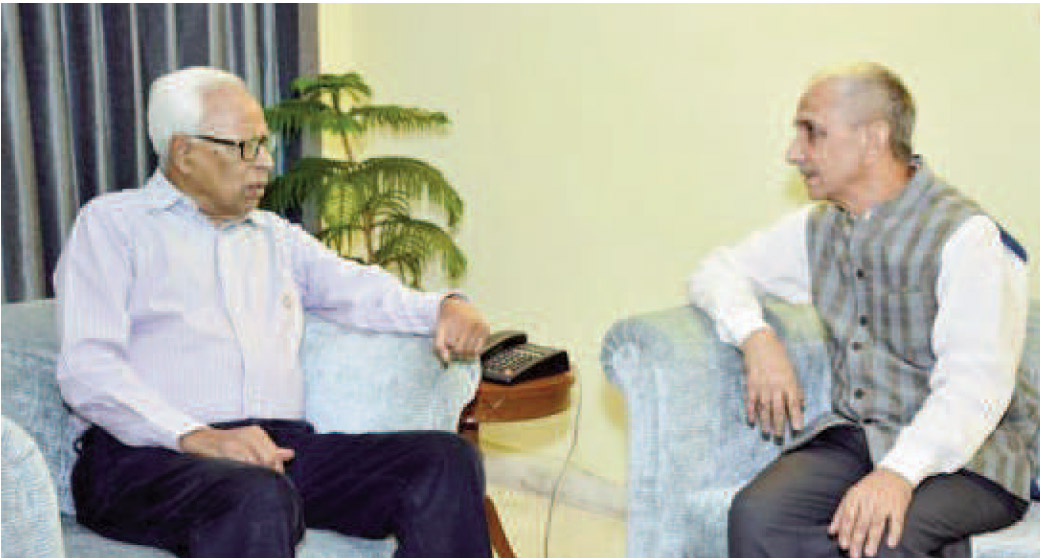 Dineshwar Sharma with Governor of J&K N N Vohra
Dineshwar Sharma with Governor of J&K N N Vohra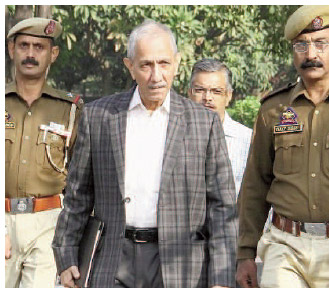 Dineshwar Sharma on his way to
meet a Kashmiri Pandit delegation
Dineshwar Sharma on his way to
meet a Kashmiri Pandit delegation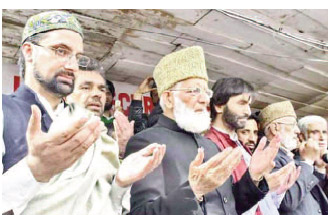
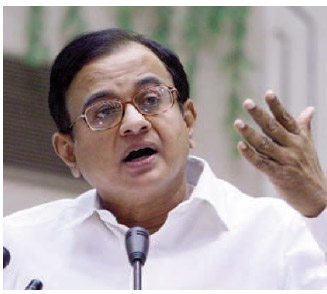 P. Chidambaram
P. Chidambaram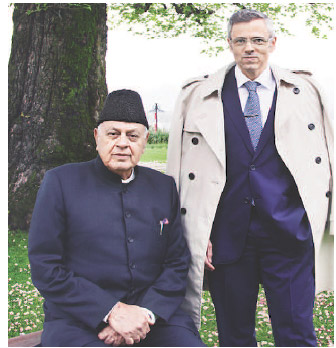 Farooq and Omar Abdullah
Farooq and Omar Abdullah Farooq and Omar Abdullah
Farooq and Omar Abdullah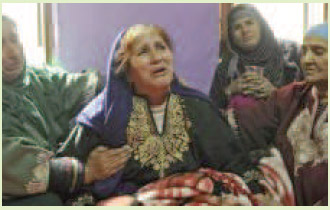 Asiya Khan
Asiya Khan